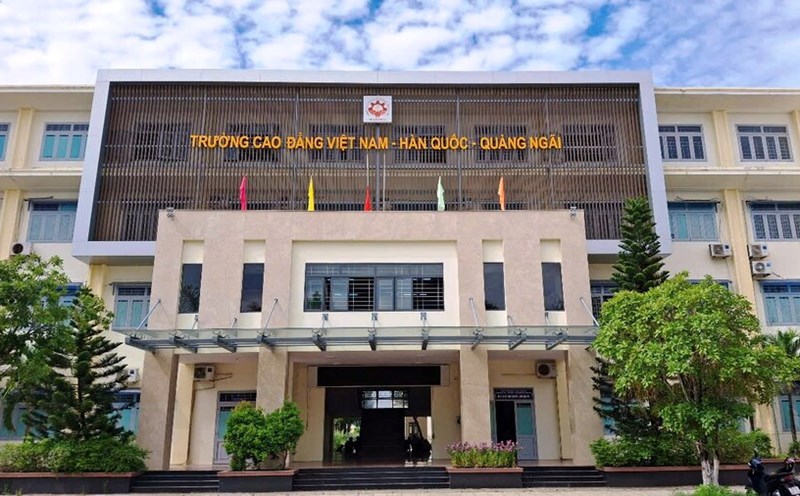Recently, the Thai integrated systems Association (TESA) signed a memorandum of understanding (MoU) with global chip design software company Synopsys in an effort to build domestic chip design capacity.
According to local media, this cooperation allows Thailand to produce its own chip products, take advantage of existing manufacturing industries, support research and contribute to the field of assembly, testing and packaging locally.
Mr. Wiroon Sriboririuz - President of TESA - emphasized that by signing a memorandum with Synopsys, Thailand can nurture local talents, competing to become a semiconductor hub in Southeast Asia. He stressed that every year, Thailand has to import chips worth billions of Baht but cannot design its own chips. This needs to change.
Under the agreement, Synopsys will provide electronic design automation tools, technical assistance and the necessary resources to help Thailand's ecosystem, especially university professors and industry partners, achieve the technical results needed for success. The Thai side expects the effectiveness of this cooperation to be available in 2026.
According to Mr. Thanaporn Sangpaithoon - Vice President of TESA, Thailand's electronics industry currently focuses mainly on assembly, testing, contribution and manufacturing, with only a few companies designing integrated microchips (IC).
In the future, Thailand wants to change this, by accelerating research and development activities in IC design, obtaining more patents as well as creating a skilled workforce in this field.
Adrian Ng - Executive Sales Director of Southeast Asia, Pakistan and Bangladesh at Synopsys - said that Thailand as well as many countries in Southeast Asia have many opportunities in the semiconductor industry.
He emphasized that the global semiconductor market is expected to grow strongly, reaching a scale of 1,000 billion USD by 2030, up from the current 500 billion USD. However, this industry is also facing a big challenge, with a shortage of skilled engineers, especially in the US, Taiwan (China), Japan, Korea, and India.
According to Mr. Adrian Ng, Thailand has a solid foundation in assembly and testing but needs to move forward. Building a strong IC design ecosystem requires Thailand to have clear policies from the government, incentives for research and development, investment attraction and talent development.
Vietnam, Malaysia and the Philippines are developing their semiconductor industries and Thailand needs to "follow this wave," Mr. Ng said.











